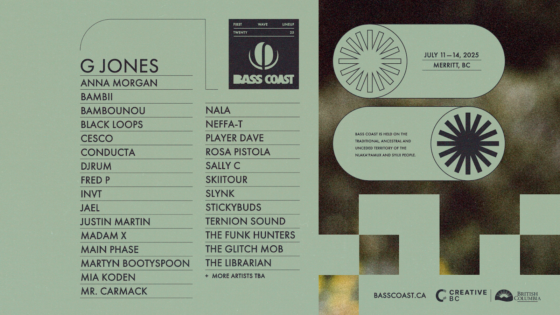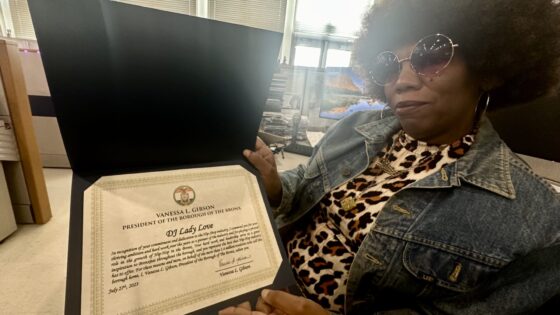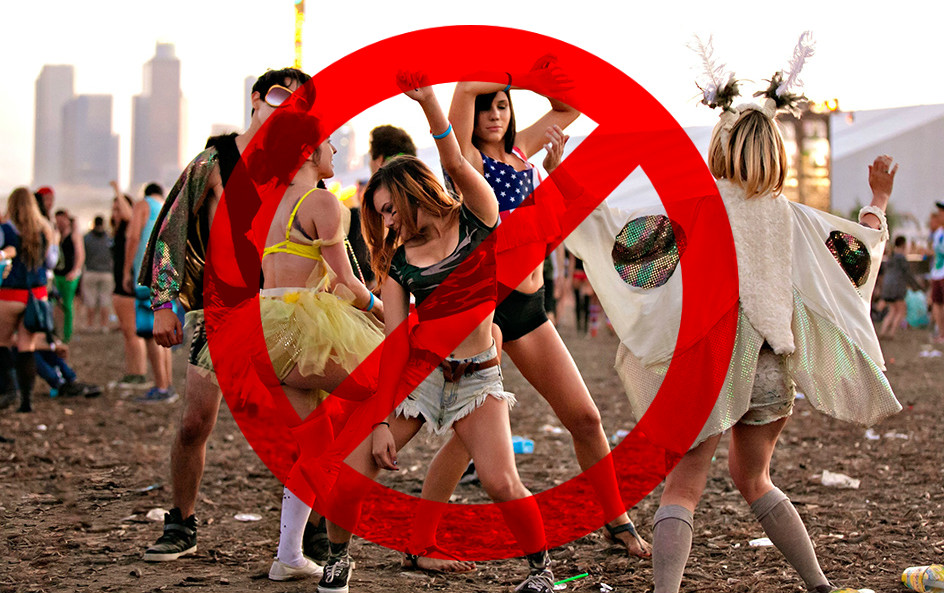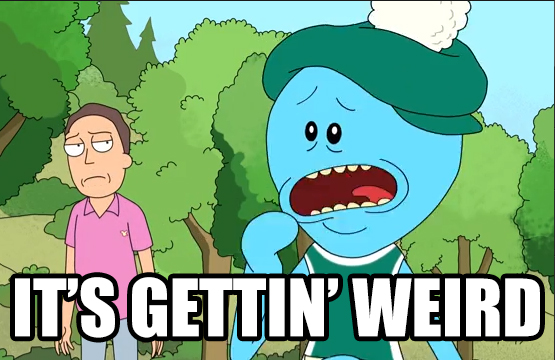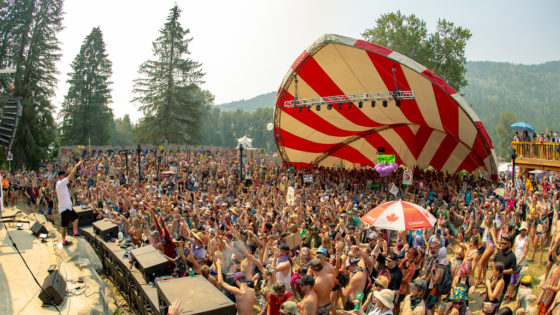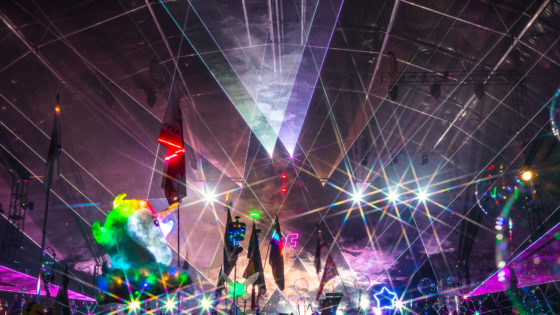[divider]Prohibition Of The 1920s[/divider]
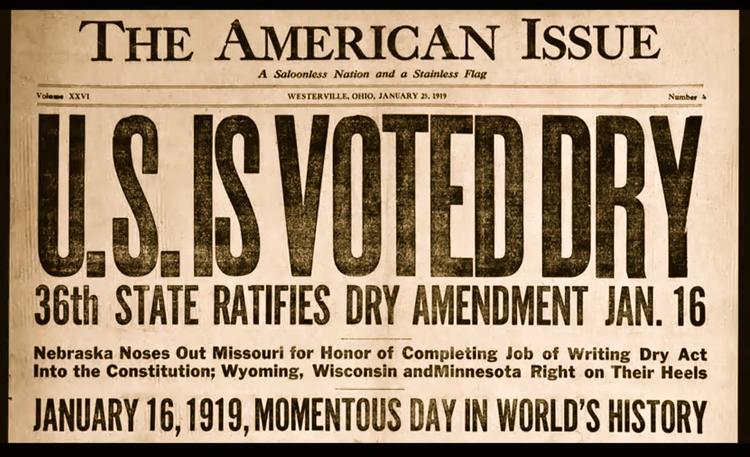
If you look at Prohibition during the 1920s, never before seen criminal enterprises were created, permanently changing the drinking habits of American culture, and arguably leading to one of the most corrupt governments history has ever seen. Prohibition took what people had previously done freely and forced it into the shadows, with unintended consequences. Should such a ban pass, we could face a return to the days of underground raves, with absolutely no oversight and zero accountability. You can bet that this will actually increase the risk of young people hurting themselves, or worse.
[divider]LA Banning Fast Food[/divider]
Or we can look at a more modern attempt to ban something in LA in order to combat a health problem. In 2008, Los Angeles placed a ban on new fast food restaurants in poorer neighborhoods in an attempt to curb the obesity epidemic. Despite the extreme nature of the legislation, it still managed to pass. Recently an economist measured to see if there was, if any, impact on the obesity epidemic in these areas targeted. We bet you can guess what the result was. There was absolutely no impact on the obesity problem.
[divider]Hollywood tries to ban “excessive cleavage”[/divider]
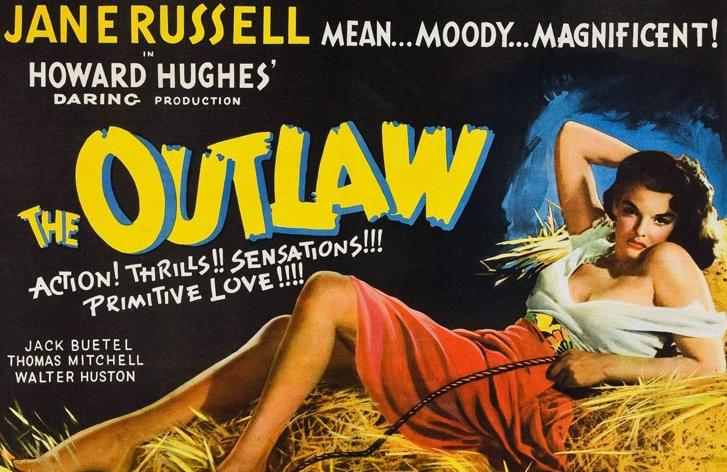
Even in pop culture, nothing can be truly banned. In 1943, Howard Hughes’ The Outlaw prominently displayed the cleavage of lead actress Jane Russell. The Hollywood Production Code Administration (HPCA) ordered Hughes to completely cut it out of the film, and even after that, the studio refused to release the film. A public outcry organized by Hughes drummed up the necessary publicity to get The Outlaw into theaters, in a huge step toward shedding the Puritanical obscenity standards Hollywood has clung to for so long. The thesis was simple: Banning “lewd images” doesn’t prevent anyone from seeing them.
[divider]Book Bans[/divider]
Outside of our own culture, in world history there have been multiple incidents of intellectual bans. Book Banning has been a mainstay in the dictators play book. From Qin Shi Huang burning Confucius’ books around 200 B.C, to the ban of The Sorrows Of Young Werther in many European districts the 1770’s, the result of these bans did nothing but limit cultural growth. What this shows us is that anyone trying to stem the tide of information almost always finds themselves on the wrong side of history.
The simple fact of the matter is that you can’t make a problem go away simply by passing legislation that expressly forbids it . No one watches Footloose and thinks, “you know what, I think that Reverend’s on to something with his ban on dancing, I bet all the town’s problems will be solved!” If history has taught us one thing, it’s that banning the problem is tantamount to exacerbating it even further. Should it go through, we’ll have a large-scale Footloose situation on our hands, and from there, there’s only one thing to say…
Important things happen in Pacific Northwest nightlife, and DMNW will send you alerts!












